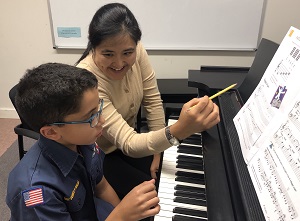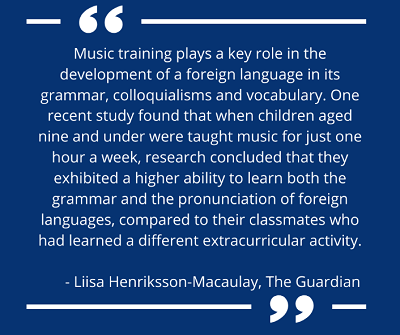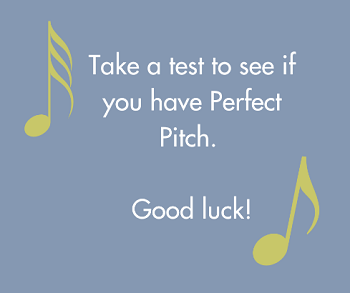Can music help us learn languages?
Music has another superpower—the ability to help us learn languages. Musicians learn to hear the differences in pitch and rhythm, which may help them perceive intonations in spoken languages. We know that simply singing songs in various languages can also help young students learn a language. Think of the nursery rhyme, Frère Jacques. Music appears to help kids learn vocabulary and grammar skills and boosts brain activity.
know that simply singing songs in various languages can also help young students learn a language. Think of the nursery rhyme, Frère Jacques. Music appears to help kids learn vocabulary and grammar skills and boosts brain activity.
Children gain advantages when music training and the development of these language building blocks start at a young age—an excellent argument for including music class as part of every elementary education. Not to mention that learning an instrument can become a lifelong passion that gives back to you in immeasurable ways, many times over throughout your life.
CCM Music and Language Case Study: Yelena Beriyeva
CCM piano faculty member and Georgian-born American Yelena Beriyeva speaks, reads, and writes three languages fluently: Georgian, Russian, and English. She also comprehends French at a very high level. We asked for her opinion on the subject. 
Unable to travel and perform during the pandemic, Yelena started working on a dream inspired by her ancestry: to learn Armenian.
For Yelena, learning music started at quite a young age. She started playing the piano at just 3 years of age, and her passion for music flourished quickly. Imagine a 5-year old playing with a major orchestra. Yelena did that and more.
Her career includes playing around the globe—performances in the US and Georgia, Armenia, Russia, Ukraine, Venezuela, Canada, and Mexico. Her extensive travels must have also piqued her curiosity about learning languages. Yelena says, “I am fascinated with languages as it gives me a chance to get to know a different culture.”
Yelena says, “Learning the piano or any instrument and a second language both require extreme focus and tenacity. I feel that learning any given instrument is, in a way, learning a language. I have always thought that being able to play a musical instrument and understanding how to read and write music is, in its own way, being able to communicate in another language.”
Pitch Perfect, does it help you learn languages?
 Can you identify a note just by hearing it?
Can you identify a note just by hearing it?
If you can name or sing a given musical note without being given a reference note, you have Perfect Pitch, also known as Absolute Pitch.
Yelena has Perfect Pitch, which may have helped her hear intonations and dialects better. She says, “As a musician, I always deal with pitches one way or another. This in itself could be the main trigger in picking up certain intonation subtleties of a given language.”
Yelena also happens to play the violin. She goes on to say, “We constantly deal with music pitches, and the fact that we often hear the same pitch in presentations of different instruments broadens our feel for the pitch. The note G in any octave may feel completely different in the presentations of piano, cello, voice, marimba, flute, etc., as each instrument has its own unique sound.”
Learning music, though, always comes down to practice
Knowing music and playing two instruments may have indeed helped Yelena learn multiple languages. She certainly has the motivation to learn them. However, she explains, “I would say that learning languages has not helped me in learning music and performing; nearly endless hours of practicing at the piano did.”
Rest assured, it’s not too late to bolster your music and language skills. Our brains are adaptable and resilient when exercised. CCM can help you acquire and maintain those music skills that will keep your mind active and sharp. Would you like to learn the ukulele (a really fun instrument), or are you ready to try your hand at the guitar or piano? Just let us know. 
We’ll be on the lookout to see if new research supports the theory that learning music helps us learn languages. We’ll keep you posted.
Watch Yelena perform Toccata by Khachaturian
Back To Top